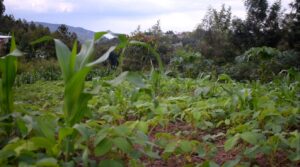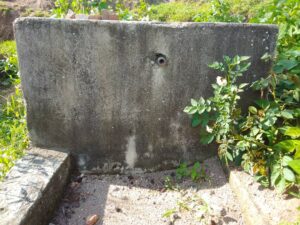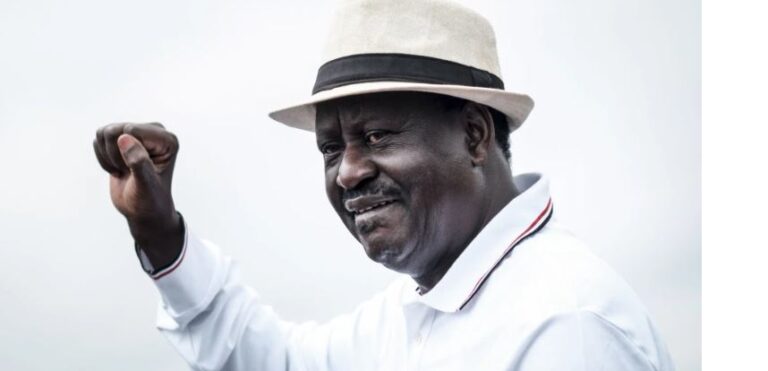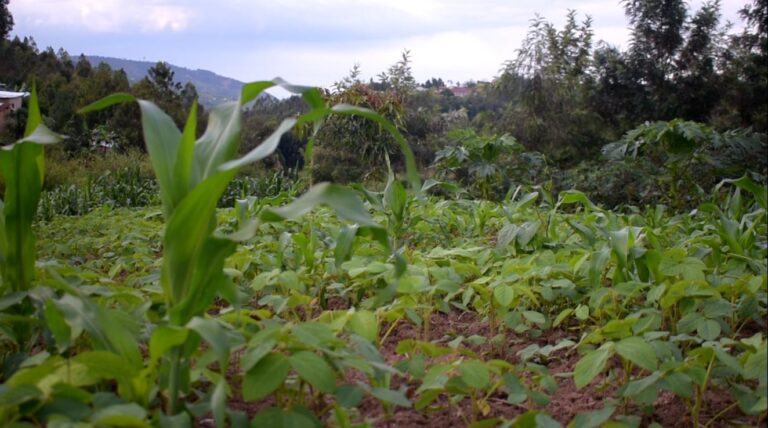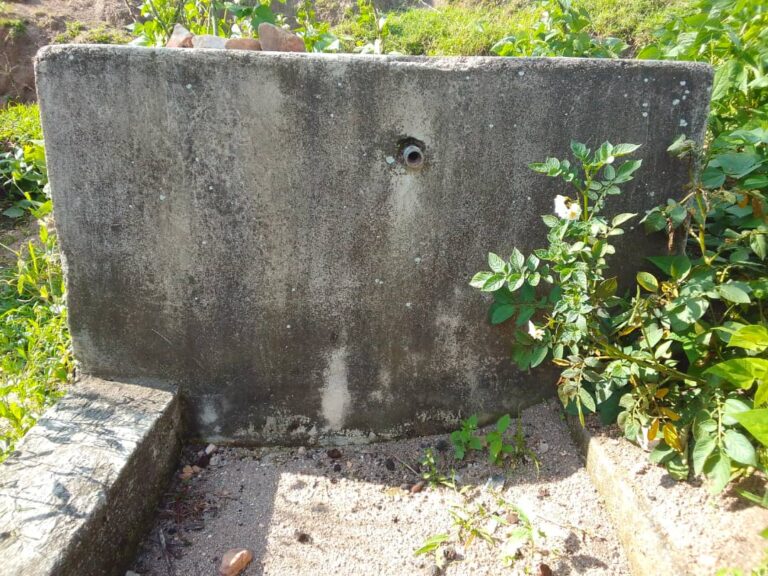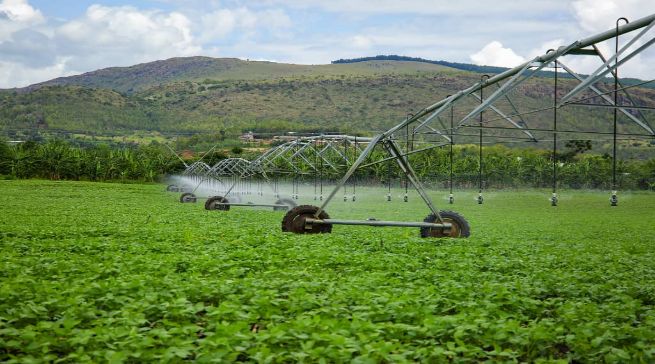Across the globe, individuals, organizations, and governments are uniting today to observe World Cancer Day, a day dedicated to raising awareness about cancer, honoring the resilience of those affected, and calling for continued advancements in prevention, treatment, and research.
Observed annually on February 4, World Cancer Day’s theme this year, “United by Unique,” underscores the pressing need for equitable access to cancer care, regardless of one’s background or geographic location.
In recognition of World Cancer Day, ICK News spoke with Edmund Kagire, cancer survivor and dedicated cancer advocate, to explore the experiences of cancer patients, their ongoing challenges, and the role of awareness in fighting the disease.
Kagire, 42-year-old Journalist, began by explaining his connection to cancer awareness: “I am in one way or another connected to cancer because I survived it. Because of that reason, I became aware of the disease and the impact it is having on Rwandan and African society. I try to do what I can to create awareness about cancer and encourage people to go and get tested.”
Kagire vividly recalls the moment he was diagnosed with cancer in 2015: “I was diagnosed then, and I started treatment at that time. It lasted around six months, and I underwent surgery. I suffered from liver cancer and had a surgery called resection surgery, which involved removing the part of my liver that had a cancerous tumor. My liver regenerated, came back to life, and now it’s almost ten years since my diagnosis.”
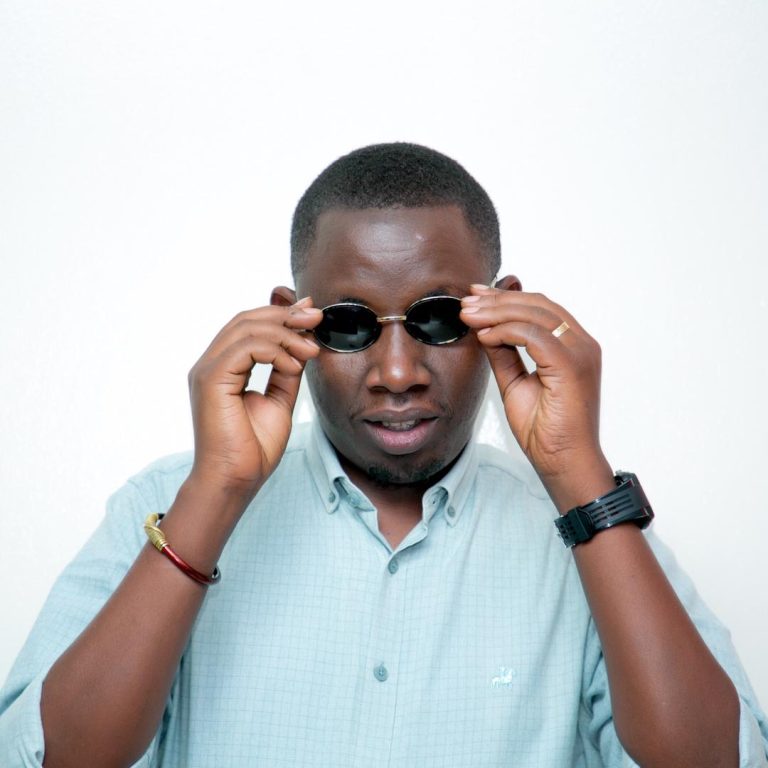
Kagire emphasized the importance of awareness in the fight against cancer. He believes that while Rwanda has made significant progress in detecting and treating cancer, challenges remain.
“I think looking where we are today in terms of what the government of Rwanda and other organizations, including private and non-governmental organizations, have done in terms of advocacy, we are in a much better place compared to where we were maybe ten years ago.”
He highlighted the improvements in cancer diagnosis with the establishment of the Rwanda Cancer Center and the role of hospitals such as King Faisal Hospital, Kanombe Military Hospital, and Butaro Hospital in increasing access to care.
“Cancer diagnosis has improved, and treatment has advanced as well,” Kagire said. “But of course, there are still challenges. The more cancer is diagnosed, the more challenging it becomes to treat. Cancer treatment is expensive and, for many, it leaves behind what is known as financial toxicity. You never recover from the expenses of treating cancer, and even with government programs like ‘Mutuelle de Santé,’ it’s still a big challenge.”
Kagire also praised the efforts being made to raise awareness about cancer in Rwanda, including initiatives by the Rwanda Biomedical Centre (RBC) and other advocacy organizations. “There is definitely awareness. Some organizations engage with survivors and those currently fighting cancer, and social media has played a big role in spreading the word and bringing people together.”
He acknowledged the profound physical and mental impact cancer has on both patients and their families.
“When someone is diagnosed with cancer, the first thing that comes to mind is that it’s life-threatening. The biggest fear is death. Sadly, this fear often becomes a reality, especially when the cancer is diagnosed late, when treatment options are limited, and survival is uncertain. Cancer takes a toll on the body, the mental health of patients, and also affects families, who become involved in one way or another,” he said.
Kagire also shared advice for those who have not been diagnosed with cancer, stressing the importance of early detection and he said: “Anybody can be a candidate for cancer, so it’s essential that we regularly check our health and undergo medical tests. If you feel any unusual signs or pains, don’t hesitate to get tested. If your family has a history of cancer, you may be at higher risk. For example, if your mother had breast cancer, you should be vigilant and get checked regularly. Men should also be cautious, especially if their fathers or grandfathers had prostate cancer.”
According to the Rwanda Biomedical Centre (RBC), breast cancer and cervical cancer are among the leading causes of death for many Rwandans, particularly women. This is why the Government of Rwanda has implemented various measures to prevent these cancers, with a special focus on cervical cancer. The government aims to eradicate cervical cancer by 2027, as announced by the Ministry of Health.
The ministry reports that 866 women are diagnosed with cervical cancer annually, with 609 of them dying from the disease. It also reveals that women between the ages of 30 and 45 are most affected by this disease in Rwanda, highlighting the ongoing need for continued efforts in prevention and early detection to reduce the number of lives lost to cervical cancer.




